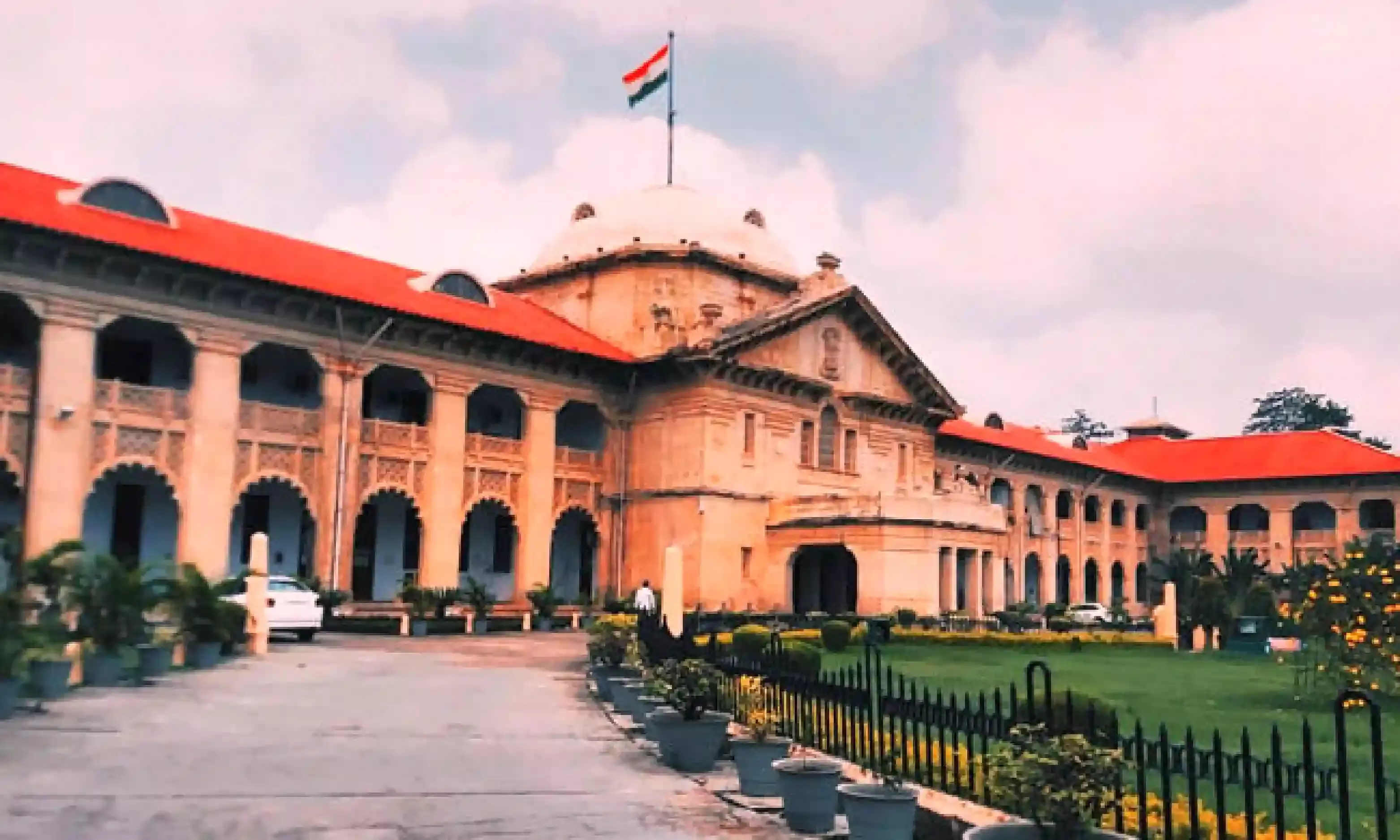A Sudden Fight In Heat Of Passion: Allahabad HC Sets Aside Murder Conviction Of Four Accused In 1971 Murder Case
The Allahabad High Court recently set aside the conviction of four men under Section 302 (murder) of the Indian Penal Code (IPC) for the killing of a man in case dating back to 1971.
The case originally involved nine accused, one of whom passed away during the trial process. In 1983, the trial court convicted eight of the accused for the murder of Balram. These appellants lodged their appeals in 1983. Four of the convicted individuals had died, the High Court delivered its verdict on the appeals of the remaining four convicts.
A Division bench of Justice Siddhartha Varma and Justice Vinod Diwakar ruled that the incident occurred spontaneously during a dispute among residents in a village over grazing cattle. The Bench said, “Definitely circumstances in which the incident took place, the nature of weapons which were used, the injuries which had occurred and the provocation etc. which were there go to show that the appellants had not gone there in a planned manner to kill Balram. The court maintains the culpability of the appellants and the conviction is altered to an offence under Section 304 (Part II) of IPC. The appellants are now no longer to be convicted under Section 302 IPC.”
The Court reasoned that the circumstances surrounding the incident, including the nature of weapons used, the injuries sustained, and the provocation involved, indicated that the appellants had not planned to kill the victim.
Advocate MP Yadav appeared for the Appellants and Advocate Archana Singh appeared for the Respondent.
Their legal representatives argued that the altercation had erupted when children from both groups sought assistance, leading to the fatal incident in the heat of the moment. They contended that based on the prosecution's evidence and disregarding the defense, the case at most could be classified as an offense under Section 304 Part – II of the IPC.
Agreeing with the defense's arguments, the Court invoked Exception 4 of Section 300 IPC. The Court added, “the Court finds that there was no premeditation and there was only a sudden fight in the heat of passion and, therefore, the side of the informant suffered. If we see section 300 IPC, which defines murder, we find that under the explanation 4, an act which happens in the heat of passion is excepted under the “exception””
The Court observed that the incident occurred spontaneously while children from both sides were grazing cattle, and people had gathered to aid them when a commotion arose. Consequently, the Court maintained the culpability of the convicts but altered their convictions to an offense under Section 304 (Part II) of the IPC.
Considering the lengthy duration since their initial conviction—41 years—the Court adopted a lenient stance on sentencing. It deemed a fine of Rs. 5000/- on each surviving appellant as adequate punishment, taking into account the trauma they endured as convicted individuals over the decades.
Cause Title: Rajendra @Rajendra Prasad & Ors. v. State, [2024:AHC:88056-DB]
Appearance:
Appellants: Advocates MP Yadav and PK Vishwakarma
Respondents: Advocates Archana Singh and Mayuri MehrotraClick here to read/download Judgment




